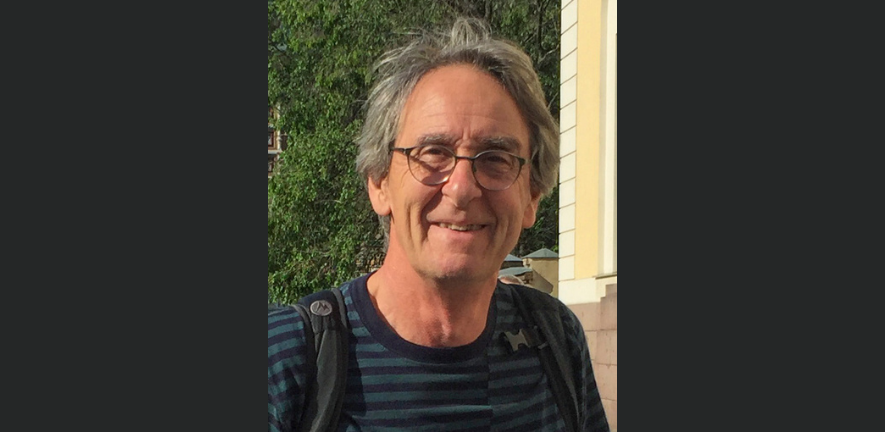
Submitted by Jane Durkin on Thu, 18/11/2021 - 15:36
William Marslen-Wilson is Honorary Professor of Language and Cognition at the Centre for Speech, Language, and the Brain, Department of Psychology, University of Cambridge.
He has an international reputation in psycholinguistics, cognitive psychology, and cognitive neuroscience.
His early research, as a graduate student at MIT, revealed the remarkable dynamic properties of human speech comprehension, showing that speech is literally understood as it is heard. The resulting “Cohort” model of spoken-language comprehension has been a major influence on the study of language from the 1970s onward.
His later research has focused on human language as a neurocognitive system, mapping out the neural substrates of language processing using novel neuroimaging techniques, and with a strong cross-linguistic flavour.
He has worked at the University of Chicago and the University of Cambridge, and was Co-Director of the Max Planck Institute for Psycholinguistics in Nijmegen. He joined Birkbeck College, London in 1990 before becoming Director, in 1997, of the MRC Cognition and Brain Sciences Unit in Cambridge, which he developed into a leading international centre for cognitive neuroscience.
Since 2011 he has been based in the Department of Psychology at Cambridge, chiefly supported by an ERC Advanced Grant. He has an honorary degree from the University of York, is a fellow of the British Academy and the Academia Europaea.
William will be delivering the keynote presentation 'Re-understanding speech understanding: Closing the cohort loop' at the Cambridge Language Sciences Annual Symposium on 23 November 2021.
